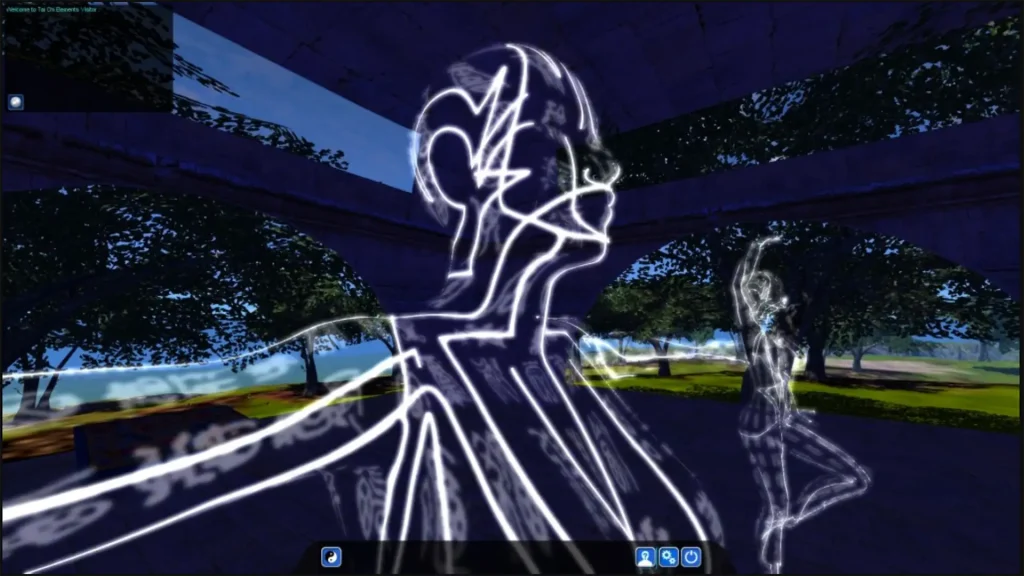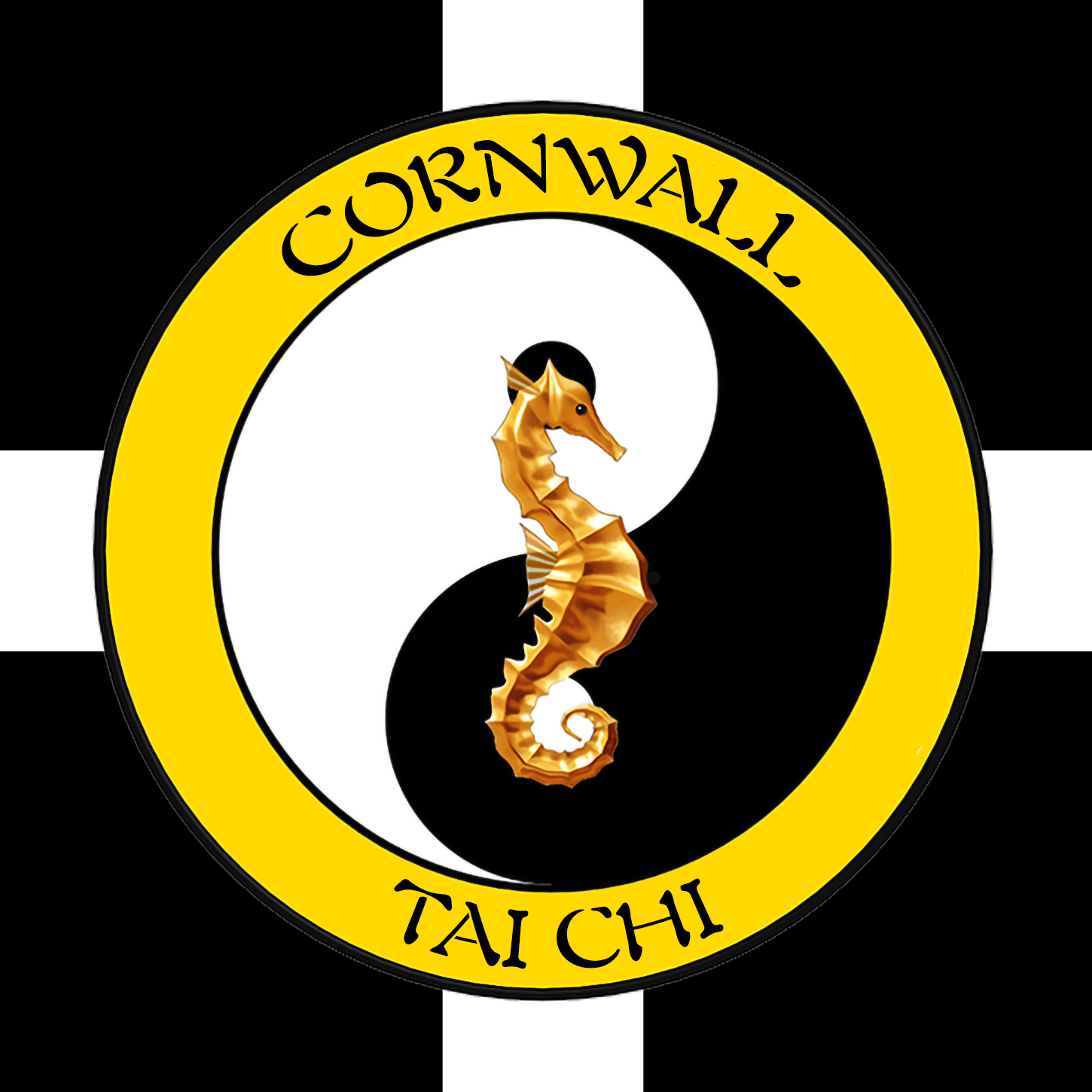
Are you tired of living with chronic pain? Seeking a natural, holistic approach to pain relief that doesn’t rely on medication with potential side effects? Look no further than Tai Chi, an ancient Chinese practice rooted in the principles of Chinese medicine. In this blog post, we’ll explore how Tai Chi can be your path to pain relief by unblocking the flow of Qi, improving physical well-being, and addressing the psychological aspects of pain.
Understanding Tai Chi
Before we dive into how Tai Chi can alleviate pain, let’s take a moment to understand what Tai Chi is. Tai Chi, also known as Tai Chi Chuan or Taijiquan, is a mind-body practice that originated in China over 2,000 years ago. It combines gentle, flowing movements with deep breathing and meditation, creating a harmonious synergy of physical and mental well-being.
One of the fundamental principles of Tai Chi is the concept of Qi (pronounced “chee”). In Chinese medicine, Qi is believed to be the vital life force energy that flows throughout the body, maintaining health and vitality. Blockages or imbalances in the flow of Qi can lead to various physical and psychological ailments, including pain. Tai Chi and Qigong exercises help to open the energy meridians and let the Qi or life force flow to all parts of the body. This healing energy is the same vital energy that rejuvenates and reinvigorates your body every day and has been proven to have a powerful effect on reducing the experience of painful symptoms.
Tai Chi and the Flow of Qi
According to traditional Chinese medicine, pain can be a manifestation of blockages in the flow of Qi. These blockages disrupt the body’s natural balance and harmony, leading to discomfort and distress. Tai Chi, with its slow and deliberate movements, is designed to remove these obstructions and restore the free flow of Qi. Here’s how Tai Chi accomplishes this:
- 1. Gentle Movements: Tai Chi’s fluid, graceful movements stimulate the body’s energy pathways, promoting the smooth circulation of Qi. As you perform these movements, you’ll gradually release tension and improve the flow of vital energy.
- 2. Mind-Body Connection: Tai Chi enhances your awareness of your body, allowing you to pinpoint areas of tension and discomfort. This heightened awareness enables you to direct your Qi to these areas, promoting healing and relief.
- 3. Deep Breathing: Tai Chi incorporates deep, diaphragmatic breathing, which oxygenates the body and supports the movement of Qi. Proper breathing techniques are essential for unlocking the body’s self-healing capabilities.
- 4. Meditation and Relaxation: Tai Chi’s meditative aspect helps reduce stress and anxiety, which can exacerbate pain. By calming the mind and promoting relaxation, Tai Chi creates a favorable environment for healing.
Tai Chi vs. Medication: A Safer Alternative
In a world where opioid addiction has become a widespread crisis, Tai Chi offers a safer alternative for pain management. Opioids, while effective in pain relief, come with a host of unwanted side effects and a high risk of addiction. Tai Chi, on the other hand, addresses the root causes of pain without the risks associated with medication. By promoting the natural healing mechanisms of the body, Tai Chi empowers individuals to manage pain without the need for addictive substances.
Psychological Aspects of Pain
Pain is not merely a physical sensation; it also has psychological dimensions. Tai Chi recognizes this holistic view of pain and offers relief for the psychological symptoms often associated with chronic pain. Here are some common psychological symptoms that Tai Chi can alleviate:
- 1. Insomnia: The relaxation and stress reduction achieved through Tai Chi can improve sleep quality and alleviate insomnia.
- 2. Memory Problems: Tai Chi’s brain-boosting effects can enhance cognitive function and memory.
- 3. Shock and Anxiety: Tai Chi’s meditative aspect helps individuals manage shock, anxiety, and stress more effectively.
- 4. Stress: Tai Chi’s focus on relaxation and mindfulness aids in reducing overall stress levels.
- 5. Physical Experience of Pain: By addressing the physical aspects of pain, Tai Chi can help individuals cope better with their pain.
In Conclusion
Tai Chi, with its roots in traditional Chinese medicine and its emphasis on the flow of Qi, offers a holistic approach to pain relief. Scientific research supports its effectiveness in alleviating both physical and psychological aspects of pain. By choosing Tai Chi over opioids and other medications, you can unlock your body’s natural healing potential while avoiding the risks of addiction.
If you’re ready to embark on a journey towards a pain-free life and improved well-being, consider joining our Tai Chi classes. Discover the ancient wisdom of Tai Chi and experience the transformative power of Qi. Say goodbye to pain and hello to a healthier, more balanced you.
Documentary and interview
ITN Tonight asked to film our Summer Course on Sennen Beach as part of their documentary Britain on Painkillers looking at alternatives to opioids. They interviewed some of our students who were successfully using Tai Chi as an alternative form of pain relief. One of our students who was featured in the documentary has since gone on to open his own Tai Chi club in his home town and his story was featured on a BBC Radio Cornwall interview you can watch on Youtube.

